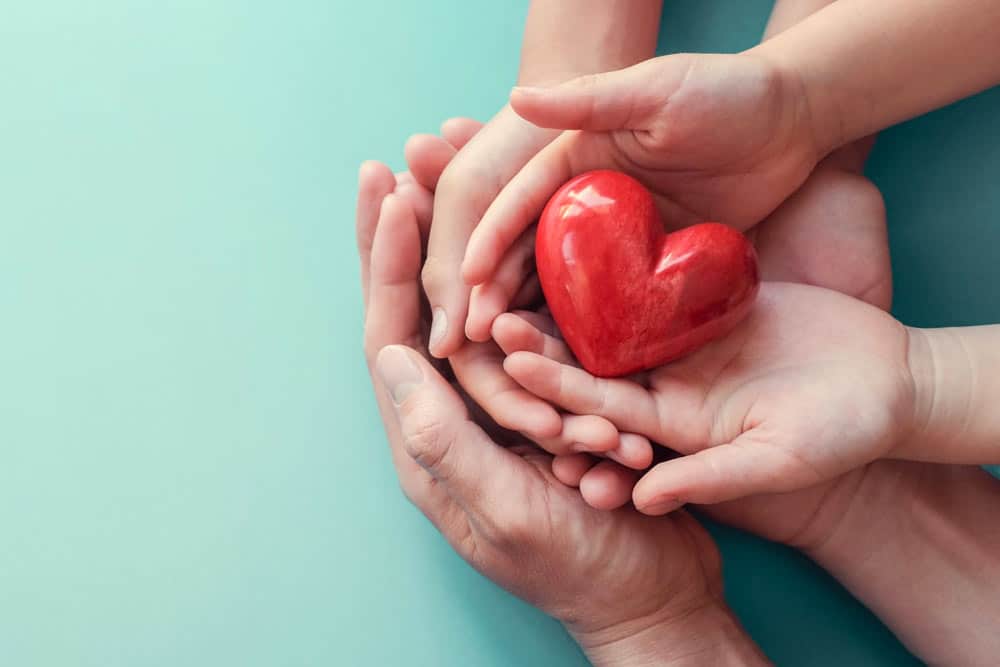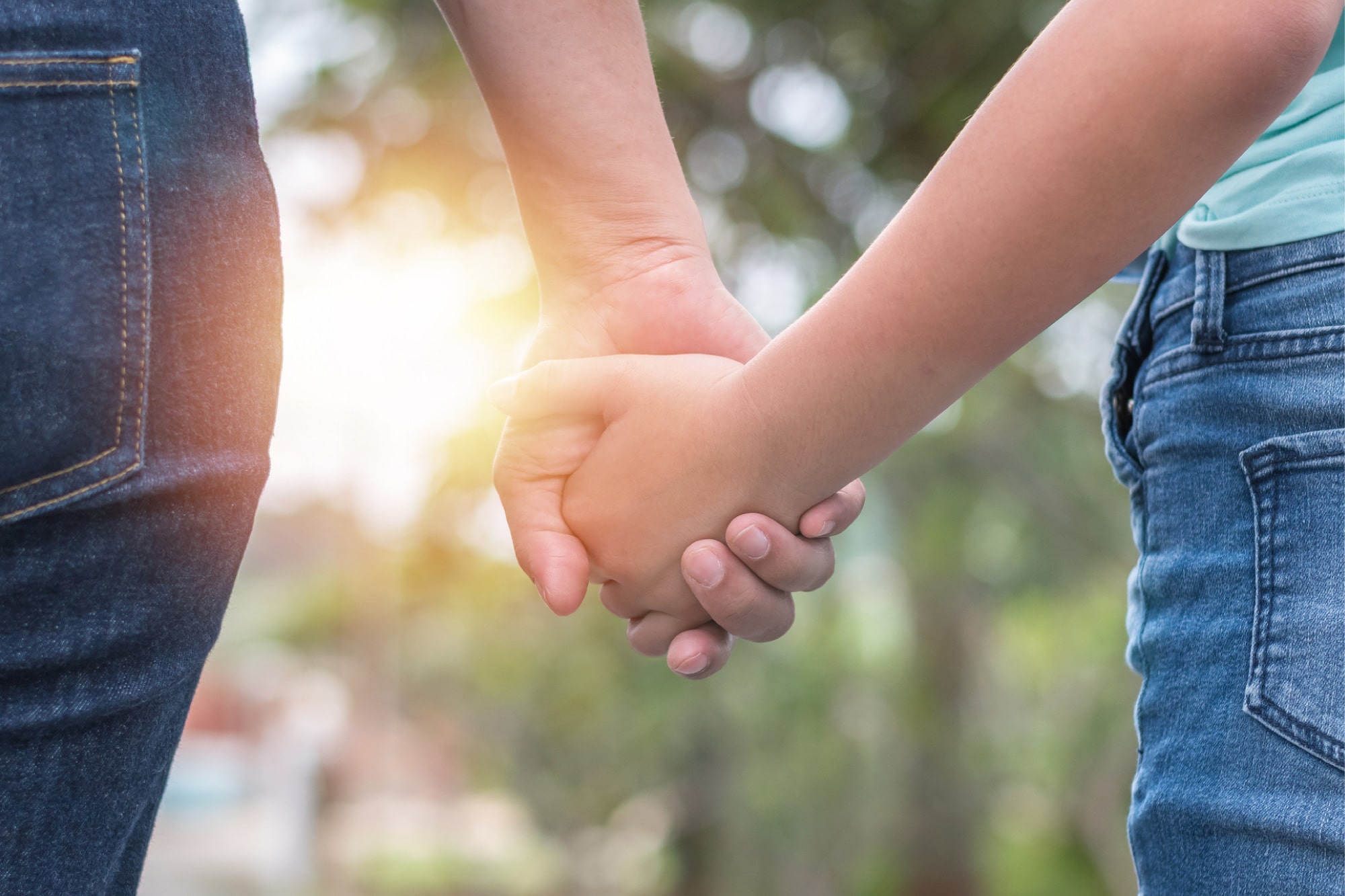Adoption
Even adoptees in loving homes can experience trauma and identity issues
Adoption: What You Need to Know
Young adulthood is a time of developing autonomy, creating independence, launching into college or work, and creating an individual identity. However, this developmental stage can be especially difficult for adoptees, no matter how loving their adoptive parents are. As teens and young adults seek to discover who they are, it’s common for that discovery process to trigger feelings of loss or abandonment associated with their birth parents. This can result in difficulty leaving the home, sabotaging success, struggles with relationships, and anxiety about the future.
When someone has been adopted there are often internalized beliefs about not being wanted, despite love and reassurance from adopted parents and other loved ones. The attachment disruption that stems from adoption can lead to a deep sense of abandonment, rejection, loss, confusion, identity issues, and shame. This leaves the young adult vulnerable to searching for acceptance and a sense of belonging in unhealthy places. Left untreated, this underlying trauma can fuel addiction, mood disorders, risk-taking behaviors, expectations of further abandonment, and suicidal ideation.


Featured Article: Adopted Children Often Face Mental Health Struggles as Young Adults
Adopted children are almost twice as likely to suffer from mood disorders like anxiety, depression, and behavioral issues.
Admissions
Our experienced, compassionate Admissions team is here to help 24 hours a day and will treat you with the dignity and respect you deserve. Let our specialists help you create a road map to get you where you want to go: a healthier, more balanced, fulfilling place in life. When you call, you’ll be led through a series of questions to determine if the Claudia Black Young Adult Center is the right fit for your needs, and how soon your treatment can begin.
If you are interested in treatment for yourself or a loved one, call or fill out our convenient Admissions form!
CONTACT OUR ADMISSIONS OFFICE
 866-957-4961
866-957-4961
OR COMPLETE AN ADMISSIONS CONTACT FORM
Click below to start the admissions process today


